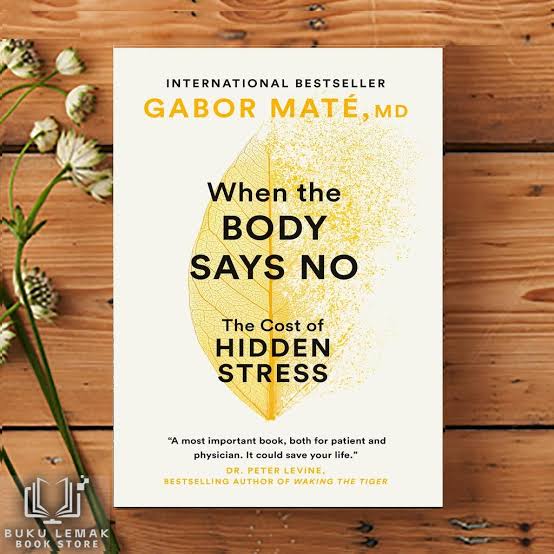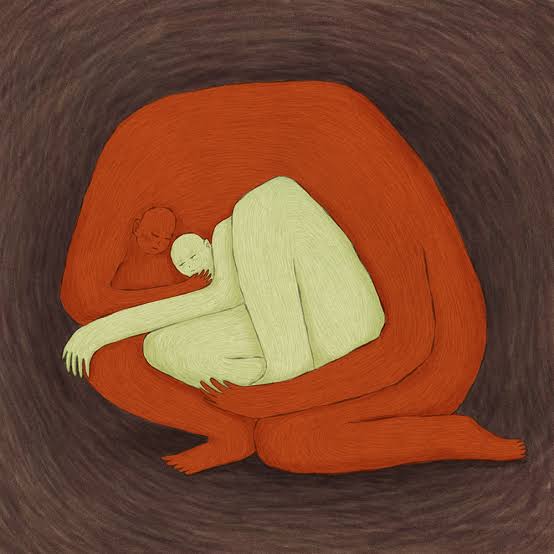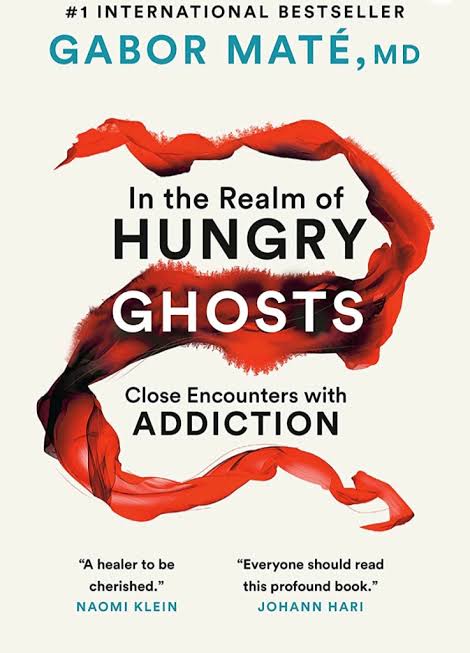By exploring insights from Dr. Gabor Maté
Fear addiction is a state where individuals are repeatedly drawn to fear-inducing stimuli, often subconsciously. According to Dr. Gabor Maté, a renowned expert in addiction and trauma, the root cause often lies in unresolved childhood trauma. These traumas can program the brain to seek fear as a means of coping with unmet emotional needs or unprocessed pain.

Understanding Fear Addiction Through Trauma
Dr. Maté asserts that addiction stems not from external triggers but as a response to inner wounds. In “In the Realm of Hungry Ghosts,” he writes:
“Trauma is not what happens to you but what happens inside you as a result of what happens to you.”
When children grow up in environments where their emotional needs are ignored, criticized, or abused, their brains adapt to survive. Fear becomes familiar, even comforting. In such cases, repeated exposure to fear-inducing scenarios can act as a self-soothing mechanism.
Childhood Patterns Shaping Adult Behaviors
Children raised in unpredictable or neglectful environments develop hyperactive stress responses. As Maté highlights in “When the Body Says No”:
“The fear-driven child internalizes a world where safety is an illusion, and control is survival.”
Such children might carry an unconscious need for adrenaline or heightened vigilance into adulthood, leading to behaviors that seek out or tolerate fear. This manifests in habits like compulsive worry, thrill-seeking, or gravitating towards harmful relationships.

The Neurological and Emotional Connection
Childhood trauma impacts the brain’s development, particularly areas like the amygdala and prefrontal cortex, responsible for fear processing and rational decision-making. Dr. Maté emphasizes:
“Addiction is a poor substitute for love, and what the addicted individual seeks is to escape pain and fill the emptiness left by love’s absence.”
In cases of fear addiction, the “pain” is unresolved anxiety from the past, and the “addiction” is the brain’s attempt to regulate itself through familiar stimuli, even if they are harmful.

Healing Fear Addiction
To address fear addiction, Dr. Maté encourages:
- Trauma Awareness: Understanding that fear addiction is rooted in unresolved wounds, not moral failings.
- Self-Compassion: Cultivating self-acceptance as the first step to healing. He states:
“Healing comes from reconnecting with ourselves and reclaiming the parts of our being that were lost to pain.”
Therapeutic Practices: Exploring therapies like Guided connect session by HC with trauma-focused counseling to safely process and release stored fear.
Breaking the Cycle
Dr. Maté emphasizes that breaking the cycle of fear addiction is not about eliminating fear but about transforming one’s relationship with it. Through self-awareness and emotional healing, individuals can replace fear-based patterns with trust and connection.
In conclusion, unresolved childhood trauma often seeds fear addiction. By acknowledging and healing these early wounds, individuals can reclaim their autonomy and move toward a life of genuine freedom and emotional well-being.

If you’d like to explore Dr. Maté’s works further, I recommend starting with his book “In the Realm of Hungry Ghosts.”
Uncover a realm of Self Healing.
Exploring life’s complex tapestry, options reveal routes to the exceptional, requiring innovation, inquisitiveness, and bravery for a deeply satisfying voyage.


